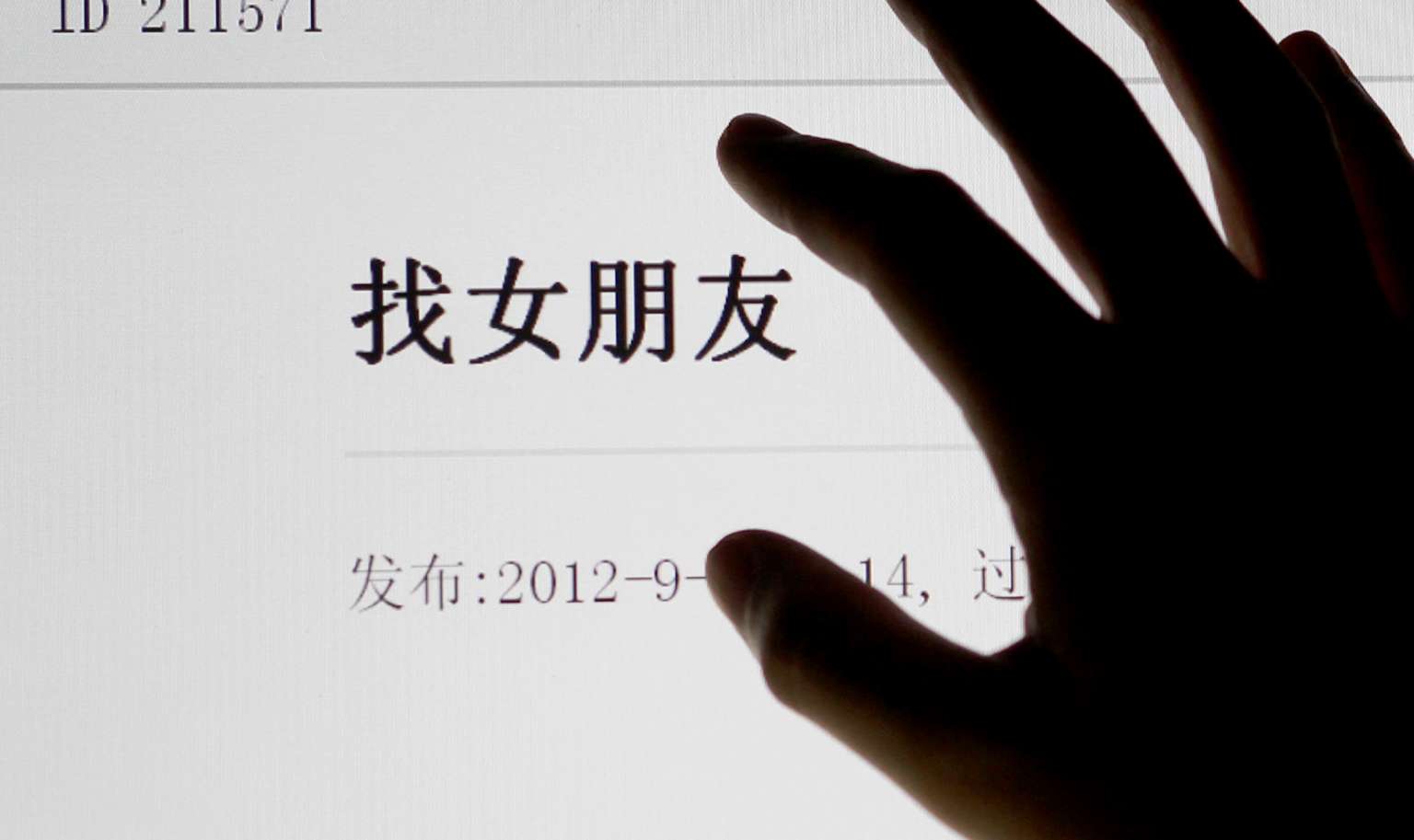Online "sugar mummy" scams on the rise: police
Sign up now: Get ST's newsletters delivered to your inbox

A growing number of men in Singapore are falling prey to "sugar mummy" scams, police said.
PHOTO: THE NEW PAPER
Follow topic:
SINGAPORE - He was promised up to $4,000 a night to sleep with rich "sugar mummies". All he had to do was pay money for a membership fee and insurance.
In January, 'Harry' (not his real name) saw the advertisement online and coughed up about $2,500. But he never saw that money again.
The 30-year-old is one of a growing number of men here falling prey to "sugar mummy" scams.
Police said yesterday that they first started receiving reports about the new online scam last December.
At least 20 victims have come forward so far, all reporting a similar modus operandi after responding to online advertisements seeking male social escorts.
Preliminary investigations show they lost a total of about $26,000.
Victims were told they would be linked up with "rich female clients".
Harry was promised up to $4,000 a night and given a list of "sugar mummies" to chose from.
The psychology student told The Straits Times he went searching for online personal advertisements last month for a study on the lifestyle of sugar mummies. "I thought I'd just take a risk," he said.
On websites such as Locanto and Gumtree, Harry found a sugar mummy agent who had "testimonials" from purported customers.
Razak, who claimed to be from Malaysia, gave him a list of women to chose from before asking for a registration fee of about $500.
Harry was told the women were married and in Singapore, and would either pick him up, or meet him in a hotel.
"He said the mummies are based in Singapore but they all go through him to find toyboys for them," he said, adding that after the payment was made, Razak transferred him to an "admin manager".
The manager asked him for a further payment of close to $2,000 - this was for insurance in case something happened to the sugar mummy. Harry paid this sum as well, noting that websites for social escorts also asked for a similar fee.
But when the manager asked for a further $1,000 to "certify the insurance was legitimate", Harry said he grew suspicious.
He demanded his money back and made a police report. He has not heard from the agent since.
"(Razak) kept saying 'I am never going to cheat you, I will never run away,'" said Harry. "Of course I feel bad about this, because I'm educated... but I took a risk."
Police are investigating the cases and appealed for anyone with information to come forward. They urged the public to be wary of dubious online adverts, and when corresponding with strangers online.
Mr Chong Ee Jay, manager of Touch Cyber Wellness, a voluntary welfare group that teaches Internet safety, said this online scam was one of the more insidious ones.
"It drives up the fantasy level and thinking in the person's mind, sometimes to the extent that they might be willing to take high risks," said Mr Chong. "They know there are risks involved but because of the end in mind, with the false assumption that they can get more out of this - they take that risk."
Earlier this month police reported a surge in online crime here which has pushed up the overall crime rate. There were 1,203 credit-for-sex scams last year, up from just 66 in 2014.

